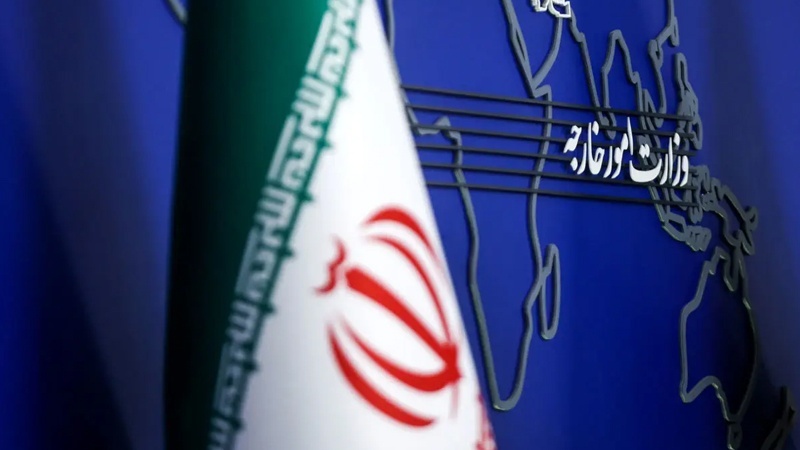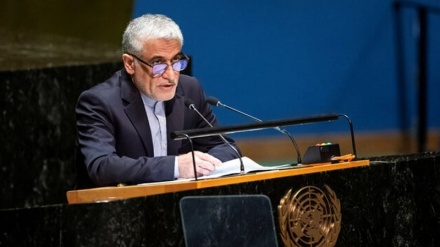News | Iran warns U.S.; Gaza in flames and NATO engaged in Ukraine
-

Iran’s Ministry of Foreign Affairs
Pars Today – Iran’s Ministry of Foreign Affairs has called U.S. threats against Venezuela a clear violation of the United Nations Charter and warned of their dangerous consequences for regional peace and security.
In this news roundup from Pars Today, the coverage includes the International Criminal Court’s response to Washington’s sanctions, the launch of Israel’s “Gideon 2” operation in Gaza amid the crisis in its military, and NATO consultations regarding Ukraine, which are detailed below:
Iran condemns U.S. threats against Venezuela
Iran’s Ministry of Foreign Affairs called the U.S. threat to use force against Venezuela a clear violation of the United Nations Charter and warned of its dangerous consequences for regional peace and security. The ministry described Washington’s actions as a continuation of interventionist and illegal policies against the Venezuelan people and emphasized that these threats represent a blatant disregard for the fundamental principles of international law and national sovereignty.
International Criminal Court responds to U.S. sanctions
The International Criminal Court (ICC) described the new U.S. sanctions against its judges and prosecutors as “a blatant attack on judicial independence.” In a statement, the court emphasized that despite pressures and restrictions, it will continue to fulfill its duties. French Judge Nicolas Guillou and Canadian Judge Kimberly Prost are among the officials targeted by the U.S. sanctions. Following this move, France also expressed its dissatisfaction, stating that the action contradicts the principle of judicial independence.
Launch of “Gideon 2 Chariots” operation in Gaza
The Israeli regime has begun the second phase of its military operation in Gaza, titled “Gideon 2 Chariots,” aimed at occupying the city. The move has faced widespread domestic opposition and warnings from security experts. Israel Katz, Israel’s war minister, approved the military plan presented by the army’s headquarters and initiated its implementation.
Despite claims that 75 percent of Hamas’s capabilities were destroyed in the first phase, many experts believe this operation, as in the past, will end in failure. Polls even show that over 70 percent of Israelis want the war to end and an agreement for the release of prisoners. Meanwhile, the German government has explicitly opposed Israel’s military actions in Gaza and settlement expansion in East al-Quds, calling for an immediate ceasefire.
Personnel crisis in the Israeli army
The Israeli army is facing a severe manpower shortage and intends to recruit Jews living abroad, particularly from the United States and France, for military service. According to the Israeli Army Radio, the institution seeks to enlist 600 to 700 foreign soldiers annually. Analysts view this move as a sign of declining interest among domestic youth in joining the army and as a weakening of the Israeli military’s morale. This personnel shortage, occurring alongside the intensification of operations in Gaza, represents a major challenge for the army.
NATO talks and developments in the Ukraine war
Military and defense officials from 32 NATO member countries held a virtual meeting to discuss providing security guarantees to Ukraine. At the same time, the meeting between Trump and Putin in Alaska became a focal point in discussions on ending the war. Although the NATO meeting produced no definitive outcome, consultations are ongoing. Donald Trump mentioned the possibility of a trilateral meeting involving himself, Putin, and Zelensky, and even raised the prospect of U.S. air support as part of a peace agreement. Media reports also indicate that approximately ten countries are prepared to send troops to Ukraine.


